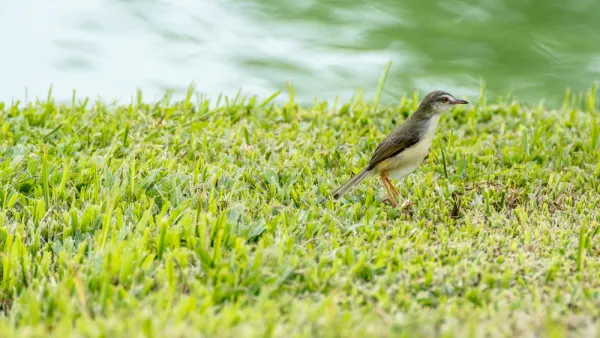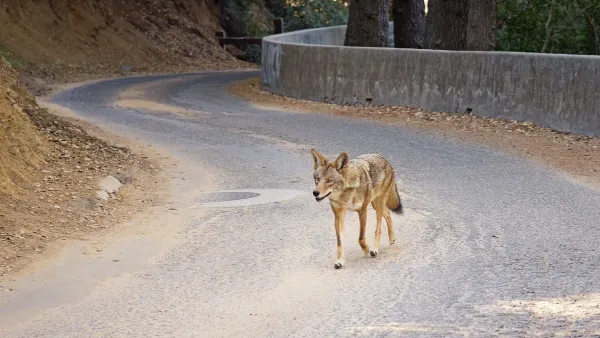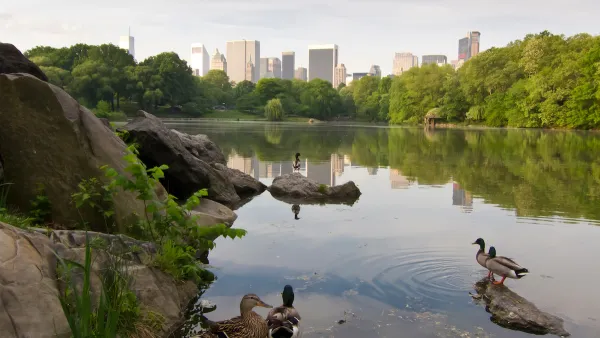Welcome to a post-human era of biological evolution. Strap on your seat belts.

Menno Schilthuizen writes a story of the incredible intersection between built and natural, as seen in the quickening pace of evolution among species living in urban settings.
"For a long time, biologists thought evolution was a very, very slow process, too tardy to be observed in a human lifetime," explains Schilthuizen. "But recently, we have come to understand that evolution can happen very quickly, as long as natural selection — the relative benefit that a particular characteristic bestows on its bearer — is strong."
The city, in its many manifestations, serves as the perfect testing ground, according to Schilthuizen. Now evolutionary biologists are focusing their work in cities, not faraway jungles and other extreme natural environments.
On a final, significant theme, there could be unpredictable evolutionary consequences as cities expand around the world. According to Schilthuizen, "as cities continue to grow, they will exchange more goods, people and information over greater distances. So each change in the environment (a particular pollutant, a certain novelty in road construction, a new kind of food source) will spread quickly across the world, and urban wildlife everywhere will be faced with the same novel challenge. Those that evolve adaptations will also easily spread to other cities, leading to a truly globalized urban flora and fauna — continually evolving at breakneck speed to keep up with an increasingly human-dominated world."
FULL STORY: Evolution Is Happening Faster Than We Thought

National Parks Layoffs Will Cause Communities to Lose Billions
Thousands of essential park workers were laid off this week, just before the busy spring break season.

Retro-silient?: America’s First “Eco-burb,” The Woodlands Turns 50
A master-planned community north of Houston offers lessons on green infrastructure and resilient design, but falls short of its founder’s lofty affordability and walkability goals.

Delivering for America Plan Will Downgrade Mail Service in at Least 49.5 Percent of Zip Codes
Republican and Democrat lawmakers criticize the plan for its disproportionate negative impact on rural communities.

Test News Post 1
This is a summary

Test News Headline 46
Test for the image on the front page.

Balancing Bombs and Butterflies: How the National Guard Protects a Rare Species
The National Guard at Fort Indiantown Gap uses GIS technology and land management strategies to balance military training with conservation efforts, ensuring the survival of the rare eastern regal fritillary butterfly.
Urban Design for Planners 1: Software Tools
This six-course series explores essential urban design concepts using open source software and equips planners with the tools they need to participate fully in the urban design process.
Planning for Universal Design
Learn the tools for implementing Universal Design in planning regulations.
EMC Planning Group, Inc.
Planetizen
Planetizen
Mpact (formerly Rail~Volution)
Great Falls Development Authority, Inc.
HUDs Office of Policy Development and Research
NYU Wagner Graduate School of Public Service





























